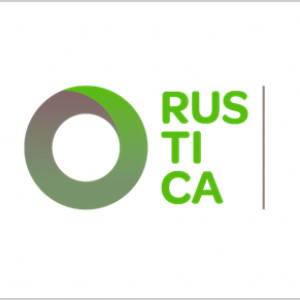 \
&
Contact us
\
&
Contact us
 \
&
Contact us
\
&
Contact us
Published on | 12 hours ago
Programmes Digital, Industry & Space AI, data & cloud Deployment: Best use of technologiesThe European Commission has published guidelines on prohibited artificial intelligence (AI) practices, as defined by the EU AI Act. The guidelines provide an overview of AI practices that are considered unacceptable due to their potential risks to European values and fundamental rights.
The AI Act, which aims to promote innovation while ensuring high levels of health, safety, and fundamental rights protection, classifies AI systems into different risk categories, including prohibited, high-risk, and those subject to transparency obligations.The guidelines specifically address practices such as harmful manipulation, social scoring, and real-time remote biometric identification.
The guidelines aim to provide a consistent, effective and uniform application of the AI Act. They are non-binding, with authoritative interpretations reserved for the Court of Justice of the European Union (CJEU). The guidelines provide legal explanations and practical examples to help stakeholders understand and comply with the AI Act's requirements.
It is important to note that at this stage, the Commission has approved the draft guidelines, but not yet formally adopted them.
The guidelines can be found on the Commission website.
We offer news and event updates, covering all domains and topics of Horizon Europe, Digital Europe & EDF (and occasionally, for ongoing projects, Horizon 2020).
Stay informed about what matters to you.
By signing up, you can opt in for e-mail notifications and get access to
a personalised dashboard that groups all news updates and event announcements in your domain(s).
Only for stakeholders located in Flanders
Digital, Industry & Space AI, data & cloud Deployment: Best use of technologies
The European Commission has published guidelines on prohibited artificial intelligence (AI) practices, as defined by the EU AI Act. The guidelines provide an overview of AI practices that are considered unacceptable due to their potential risks to European values and fundamental rights. The AI Act, which aims to promote innovation while... read more
Digital, Industry & Space Digital Europe Cybersecurity Defence
We would like to inform you that the Commission has adopted and published the European Defence Fund Work Programme 2025. The news announcement (with links to the documents and a factsheet) is available on DEFIS website: https://defence-industry-space.ec.europa.eu/european-defence-fund-over-eu1-billion-drive-next-generation-defence-technologies-and... read more

The RUSTICA project obtained funding under Horizon 2020, more in particular under the topic ‘Closing nutrient cycles’. RUSTICA focuses on demonstration and implementation of circular bio-based nutrient valorisation chains, focusing on waste from the fruit and vegetable agro-food system. The project kicked off in 2021 and will run until 2024. It will use a strong multi-actor approach to co-create both socio-economic and technological knowledge in four case study regions in Europe and one in Colombia. The Flanders-based company DRANCO is one of the project partners and acts as technical project manager for the entire project. DRANCO participates in the project to develop its own technologies, to network and to help make the transition to a more circular based economy.